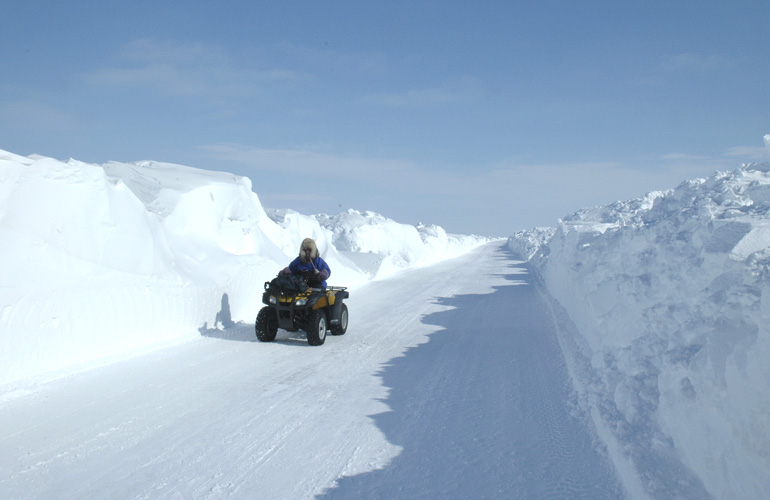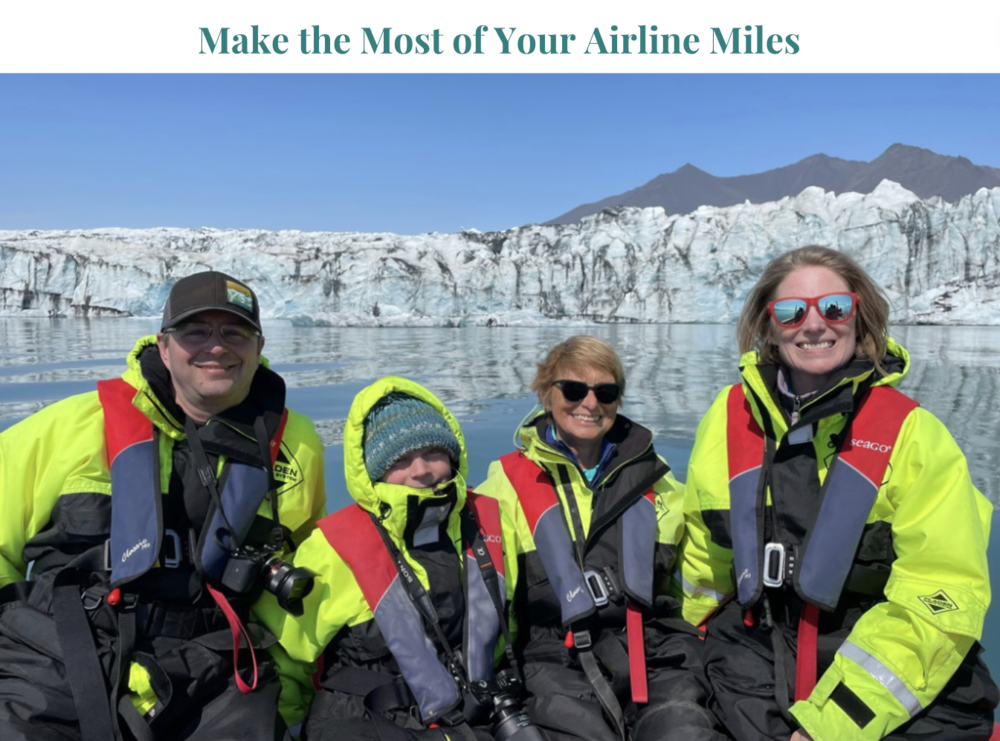Why You Need a Satellite Phone
 When I traveled in Arctic Alaska, I carried a satellite phone.
When I traveled in Arctic Alaska, I carried a satellite phone. Question:
Hi Wendy,
My husband travels to Canada and Alaska often and I would like to get him a satellite phone for safety. Have you ever reviewed them?
Thanks,
—Sharon
Answer:
A satellite phone or messaging device can be a lifesaver in remote regions where there are no cellular networks. They can also be a lifesaver in emergency or disaster situations where cellular networks crash or become overloaded.
Sharon, while I’ve carried a satellite phone with me to remote corners of the globe—including Arctic Alaska—mercifully I’ve been spared any emergencies and thus am hardly an expert on which device is best. So I’ve reached out to just such an expert for you. Dan Richards is the CEO and founder of Global Rescue, which provides worldwide emergency-evacuation and medical-assistance services. In fact, last week his team rescued John All, the American climber who fell into the Himalayan crevasse in Nepal. All was carrying a DeLorme inReach satellite messenger device, which allows two-way text messaging by satellite anywhere in the world, and that’s how Global Rescue coached him on how to survive until the rescue helicopter arrived.
Here’s Richards’ advice for you:
“An Iridium satellite phone is a great choice. It offers voice capabilities and, with a reliably clear signal, nothing is left to interpretation. The Iridium has an emergency button so you can input emergency phone and email contacts. The Iridium also offers SMS text and email capabilities. The Iridium Extreme is the top of the line and offers GPS and tracking services. You can expect to spend in the range of $500-$1,500 on a satellite phone. Many vendors also rent satellite phones for about $75 per week plus airtime.
A less expensive alternative to consider is a satellite messaging device. There is no voice option, but you get 160-character two-way text messaging anywhere in the world.
Since satellite phones rely on line-of-sight with their satellites to establish a connection, they work best in open areas with a clear view of the sky. Using them indoors, in vehicles, and even in a city surrounded by tall building and wires may hinder your signal.”
Richards adds that satellite phone use is restricted or even illegal in certain countries—including India, Myanmar, Cuba, Iran, Poland, and Hungary—so it’s wise to confirm coverage with your provider before purchasing or renting a phone and to research possible restrictions imposed by the countries you’ll be visiting.








No question that the Iridium extreme or the Iridium 9555 satellite phones are great choices, especially if you are traveling in the extremes like Antarctica or in the Arctic. The 66 blanket satellites in the Iridium satellite constellation cover 99% of the globe. However the Geosynchronous Satellite Network of Inmarsat, also has 2 great choices in handheld sat phones, the iSatPhone Pro and the iSatPhone Pro 2. The service is less expensive compared to Iridium and the handsets are about $640 and $1000 respectfully. These satellites move with the orbit of the earth and they are located above the equator. Really very solid choices when it comes to handheld satellite phone technology.
http://www.internationalsatelliteservices.com/products/handhelds/isatphone-pro-2-satellite-phone
My son-in-law was on a fly fishing expedition deep in the Amazon, when the man poling the boat accidentally hit him in the eye. Serious injury. With his satellite phone I was able to advise emergency measures (I’m an ophthalmologist) until they got back to civilization almost two days later. His evacuation was also arranged using it. A lifesaver for him since his eyes are his life. He’s OK.